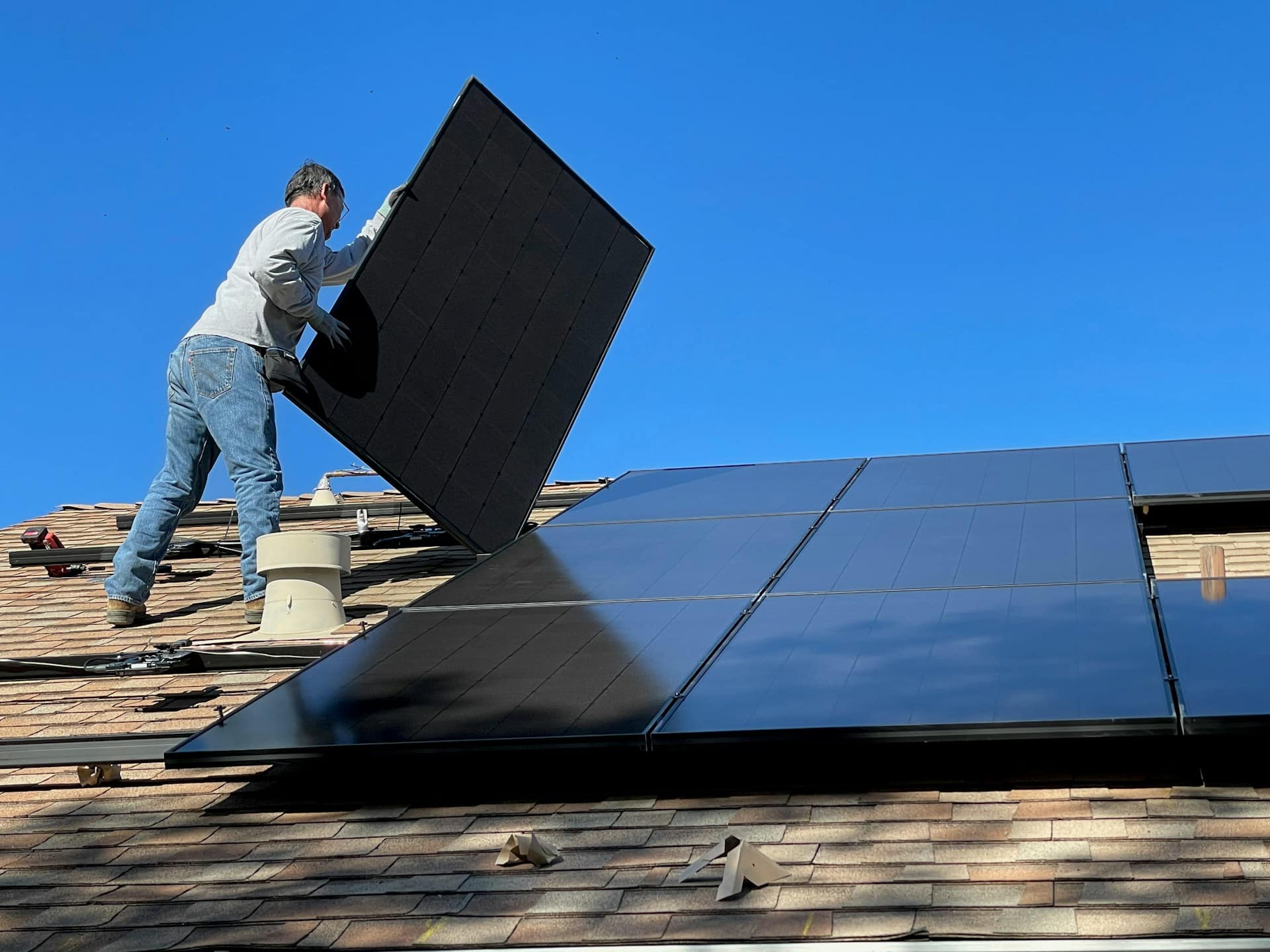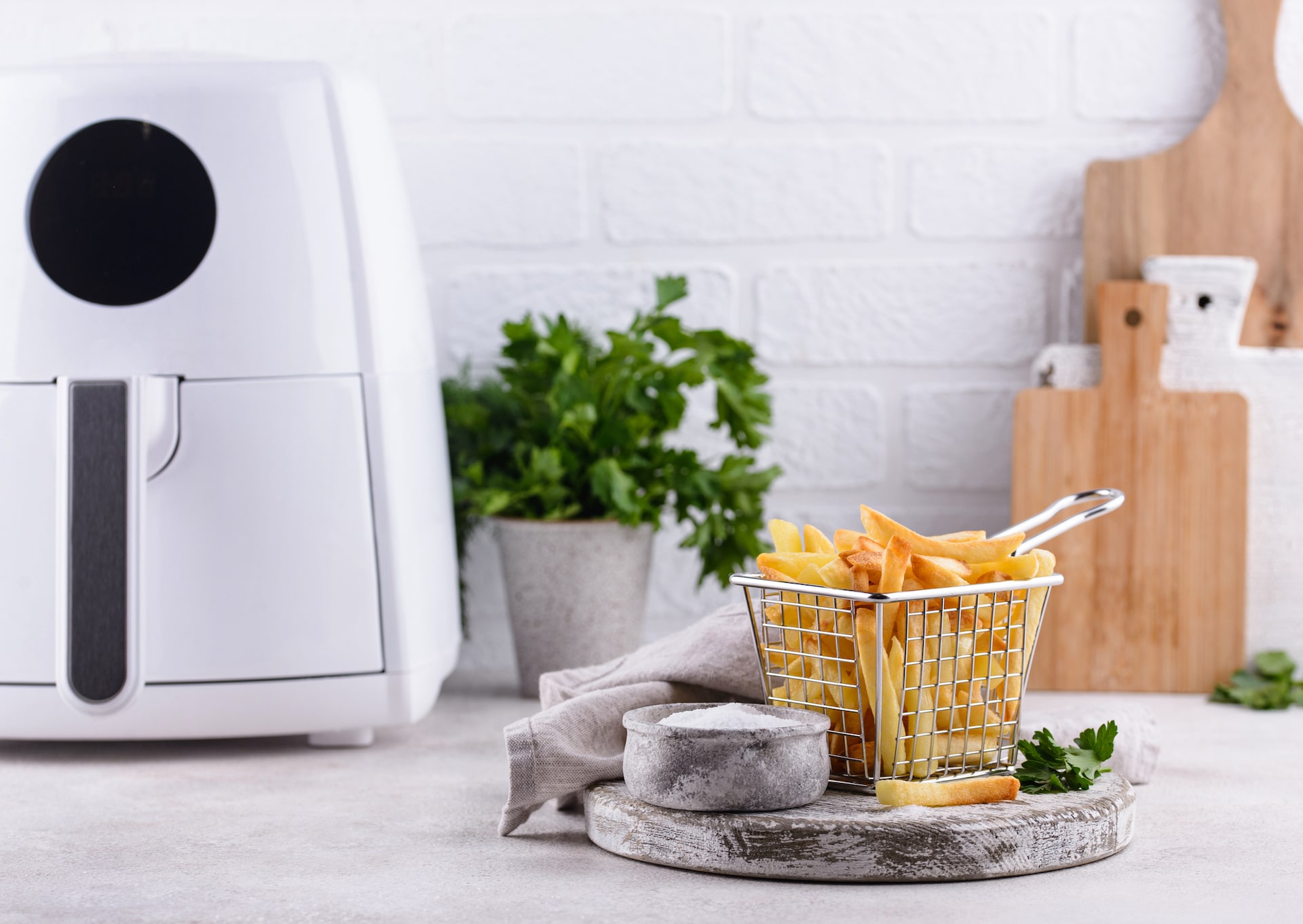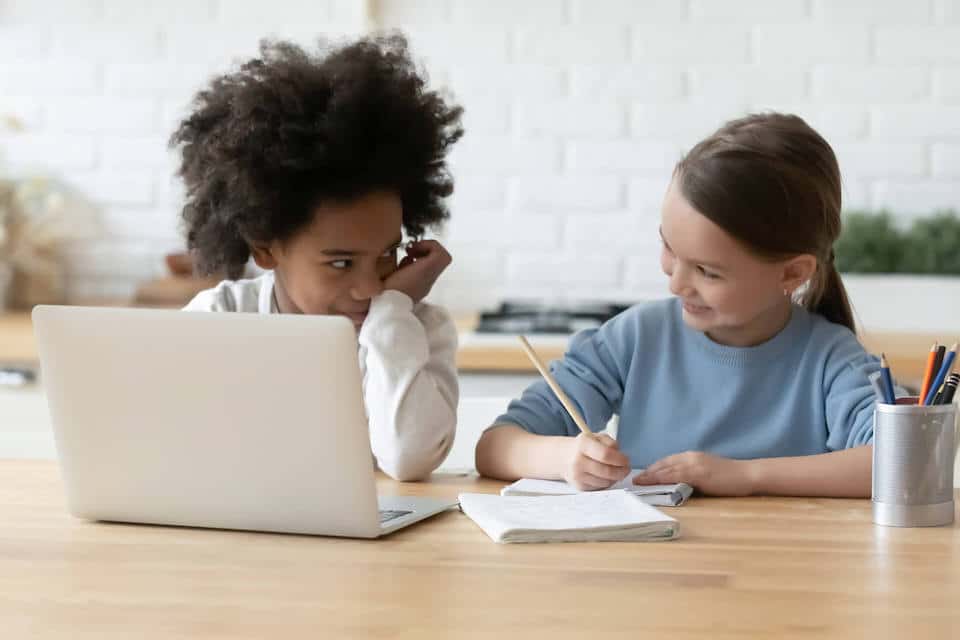This article may contain affiliate links. We may receive a commission for purchases made through these links. Privacy Policy.
The world is in a panic over the coronavirus, as well it should be — more than 153,000 people have succumbed to the new virus and more than 5,000 have died worldwide. However, things aren’t as grim as they seem. While the coronavirus might seem unstoppable, there are very easy ways to prevent catching the coronavirus.
What is the Coronavirus?

The coronavirus — more accurately referred to as COVID-19 — is a type of virus, according to the Centers for Disease Control and Prevention can infect both humans and animals.
COVID-19 can be traced back to bats and, more specifically, a live animal market in Wuhan, China, where live animals were slaughtered on-site for human consumption. It’s likely that there was animal-to-person spread of COVID-19 there, initially, before the virus began traveling rapidly from human to human.
So far, the CDC says most cases of COVID-19 are mild.
In some instances, the virus is as mild as a cold. However, serious illness occurs in 16 percent of cases and the elderly and those with compromised immune systems are more likely to have a severe illness and potentially fatal symptoms.
COVID-19 symptoms include fever, cough and shortness of breath, appearing two to 14 days after exposure to someone else with the virus.
How to Prevent the Coronavirus

Thankfully, despite the rapid spread of COVID-19, it’s relatively easy to prevent the coronavirus. All you need are good hygiene habits and a little common sense.
Washing your hands regularly and thoroughly is the primary thing you can do to prevent the spread of COVID-19. It’s that easy. And if you’re wondering why washing hands works so effectively, it’s simple.
The virus spreads through respiratory droplets. When an infected person sneezes or coughs, those globules can land on or near you, infecting you. Generally, you have to be within six feet of the infected person for that to happen. It is possible for you to also pick up the virus if you touch an object the person has coughed or sneezed on, and then touch your face.
When you wash your hands, it kills the virus and you don’t have to worry about picking it up on your hands and infecting yourself.
However, don’t just think you can rinse your hands and be done with it. The CDC recommends washing your hands with soap and water for at least 20 seconds, every time you’re in a public place or you blow your nose or sneeze or cough. Hand sanitizer can be used in a pinch if it’s at least 60 percent alcohol.
Regardless, you should avoid touching your face, especially your eyes, nose and mouth, while in or immediately after leaving a public place.
Additionally, disinfecting your own space and any public spaces that you can is an added protective measure. Tables, doorknobs, light switches, countertops, phones, keyboards, faucets and toilets are all surfaces to consider.
Do masks help?
If you’ve been out and about nearly anywhere recently, you’ve likely seen people walking around with surgical masks over their noses and mouths.
While this is a good idea if you are sick, as it will help you lessen the likelihood of passing on the coronavirus, if you have it, there are several reasons why it might not help if you’re not sick. For example, wearing a mask often leads to more instances of you touching your face, as you adjust the mask, scratch any mask-caused itches, etc., while out in public.
The CDC recommends healthy individuals forgo wearing a mask and leave the masks to the caregivers who need them.
Stay Home
The CDC recommends practicing social distancing. This means staying 6 feet away from people, avoiding public places, avoiding public or shared transportation, working remotely and staying home as much as you can. This is to protect you and to protect others.
Use caution when going to the grocery store, getting takeout or traveling. We suggest stocking up a weeks worth of food so once you go to the grocery store you do not have to go back for awhile. And most importantly, make sure to wash your hands as soon as you get home after being in a public place.
Things that are still safe to do:
- Take a walk
- Play in your yard
- Read a book
- Listen to music
- Dance
- Cook a homemade meal
- Host group video calls
- Spring cleaning
- Watch TV
How you Can Help

If you are looking for ways to help support this global health emergency, there are a few things you can do to help your community.
- Donate to your local food bank.
- Check-in with elderly or at-risk neighbors – offer to pick up prescriptions or food so they do not have to leave the house.
- Consider buying gift cards to your favorite small business – this will help them with cash flow and keep them safe at the same time.
- Stay informed – keep up with the neighborhood closures, adapted hours, etc.
- Stock up, but don’t go overboard (30 days worth of food is plenty).
- Donate to organizations working towards getting the public healthy- any donation will positively impact these organizations and in-turn help the entire population.
What to Do if You Get Sick

During the coronavirus outbreak, if you feel sick at all, stay home.
If you have COVID-19 symptoms (cough, difficulty breathing, fever), call your doctor. They can advise you on next steps.
Regardless, isolation is crucial to avoid spreading COVID-19. Many of those infected have mild symptoms and can recover safely at home, as they might from a cold, but it is entirely possible that, if they go into public spaces or take public transportation, they could pass on COVID-19 to someone who could potentially die from the virus.
In addition to staying away from public spaces and public transportation, if you have the coronavirus, the CDC recommends you stay in a specific room of your home, away from others, and use a separate restroom, if possible. As it’s still being determined if pets can pass on the virus, the CDC also recommends you stay away from your pets.
Wondering when to contact the doctor?
Again, COVID-19 symptoms include fever, cough and shortness of breath, appearing two to 14 days after exposure to someone else with the virus. If you have symptoms and don’t think you’ve been around anyone infected with the coronavirus, you still will want to call your doctor regardless. It’s always better to be safe than sorry.
If you don’t have any symptoms, but know you’ve been around someone with the coronavirus, you still want to call your doctor to let them know and then quarantine yourself until you know you were not infected.
Don’t Panic
What you don’t want to do in any situation regarding COVID-19 is panic. Panic makes the coronavirus scare worse for everyone. Not only does it lead to stockpiling items that could be better used by health care professionals (such as face masks and sanitizer), but succumbing to extra stress and anxiety has been shown to negatively impact your immune system.
Make sure to take care of your mental health during the coronavirus epidemic. It’s the best way for you to approach this somewhat scary situation calmly and rationally, in ways that will make it easier for all of us to get the situation under control as quickly as possible.
Preventing Coronavirus
Preventing the coronavirus from spreading isn’t difficult.
It just requires common sense and being cognitive of your surroundings and actions. The virus is one that we can overcome on a global scale, if we all agree to follow several basic, easy precautions. Washing your hands regularly, disinfecting common surfaces, staying away from the sick and staying home if you feel even slightly ill are all important.
Holly Riddle
view postHolly Riddle
Holly Riddle is a travel, food and lifestyle writer, and a full-time freelance content creator after several years on editorial staffs for a multitude of publications ranging in topic and audience demographic. She currently acts as the editor at large for Global Traveler magazine and is a regular contributor at Trazee Travel, WhereverFamily, TravelMag, CruiseHive and more. Ghostwritten work for travel clients has appeared on Forbes, Bloomberg, Inc. and other top publications. She also manages blogs for tour providers, hotels and tourism boards.
view post








